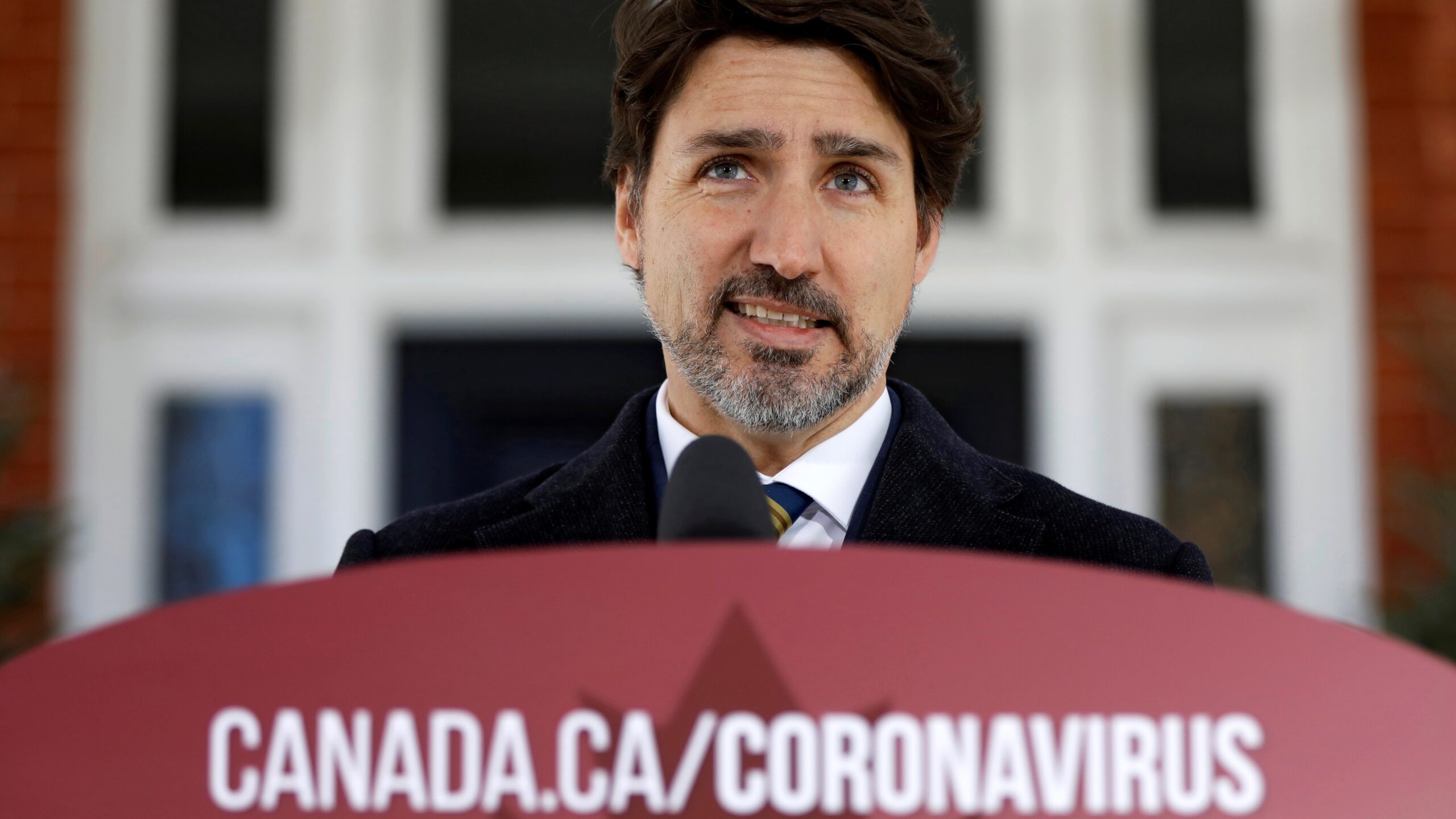Nathaniel Smith, News Reporter
Prime Minister Justin Trudeau announced April 8 additional funding for the Canada Summer Jobs program to provide 70,000 workplaces for youth aged 15 to 30.
Job placements for students could begin as soon as on May 11 and end the latest on Feb. 28, 2021. They can search for available workplaces through the website.
However, the Canadian Federation of Students (CFS) is urging the government to lower the requirements for the Canada Emergency Response Benefit (CERB) and employment insurance (EI).
The CFS is a bilingual student union that advocates for students over issues in the post-secondary education system.
Sofia Descalzi, chairperson of the CFS, said in a phone interview that Trudeau’s program is “not enough” and is concerned about unemployed students not being able to apply for EI and CERB like other Canadians.
“Students are facing income insecurities and are pushing for an eligibility expansion for the Canadian Emergency Response Benefit and EI,” she said.
CERB is providing $2,000 a month for Canadians who were laid off due to the COVID-19 pandemic and EI is available for people who received 12 months of pay in 2019.

“It shouldn’t matter what your employment status is or previous 12-month income,” Descalzi said. “Right now we’re in a crisis and the government is saying that we are going to fix it together but are putting students behind by making eligibly requirements so strict.”
Students who work seasonal jobs throughout the summer do not meet the requirements and cannot receive the same benefits due to being unemployed for majority of the year.
Multiple employers are not hiring students to lower the risk of the COVID-19 spread, job hunting can be harder with only essential businesses remaining open.
Max Zhu, a third-year mathematics student at the University of Waterloo, thinks the current situation is unfair, especially considering high tuition fees for those who are getting back to school next academic year.
“That’s where most of our money is going aside from rent, I think that’s what most of us are thinking about right now,” he said in a phone interview.

Descalzi said Trudeau’s announcement falls short of the reality of students where they are not making ends meet and are being overlooked by the government.
“If there are more jobs, I don’t understand how it will work if they want us to stay inside for months,” Zhu said.
“Even if we get hired further into the summer it probably won’t cover enough of our school fees, especially if you live on campus like me,” he said.
The CFS is encouraging students to join them in their efforts to lower the CERB and EI requirements.
“We’re trying to push the government to make the right decision and the right decision is to include everyone,” Descalzi said. “This is the collective action that we can all do to ensure that no students or recent graduates are left behind by the government.”

